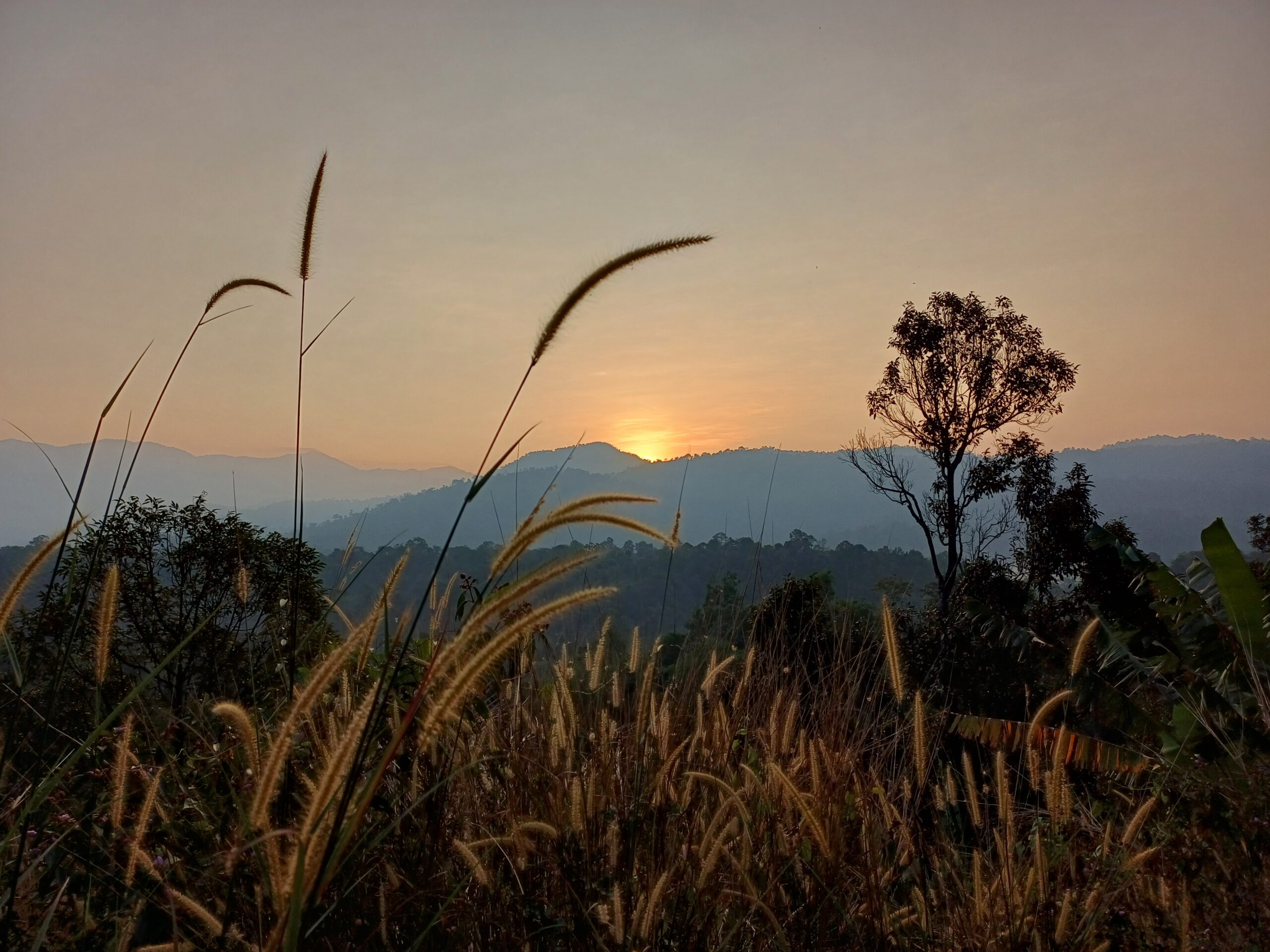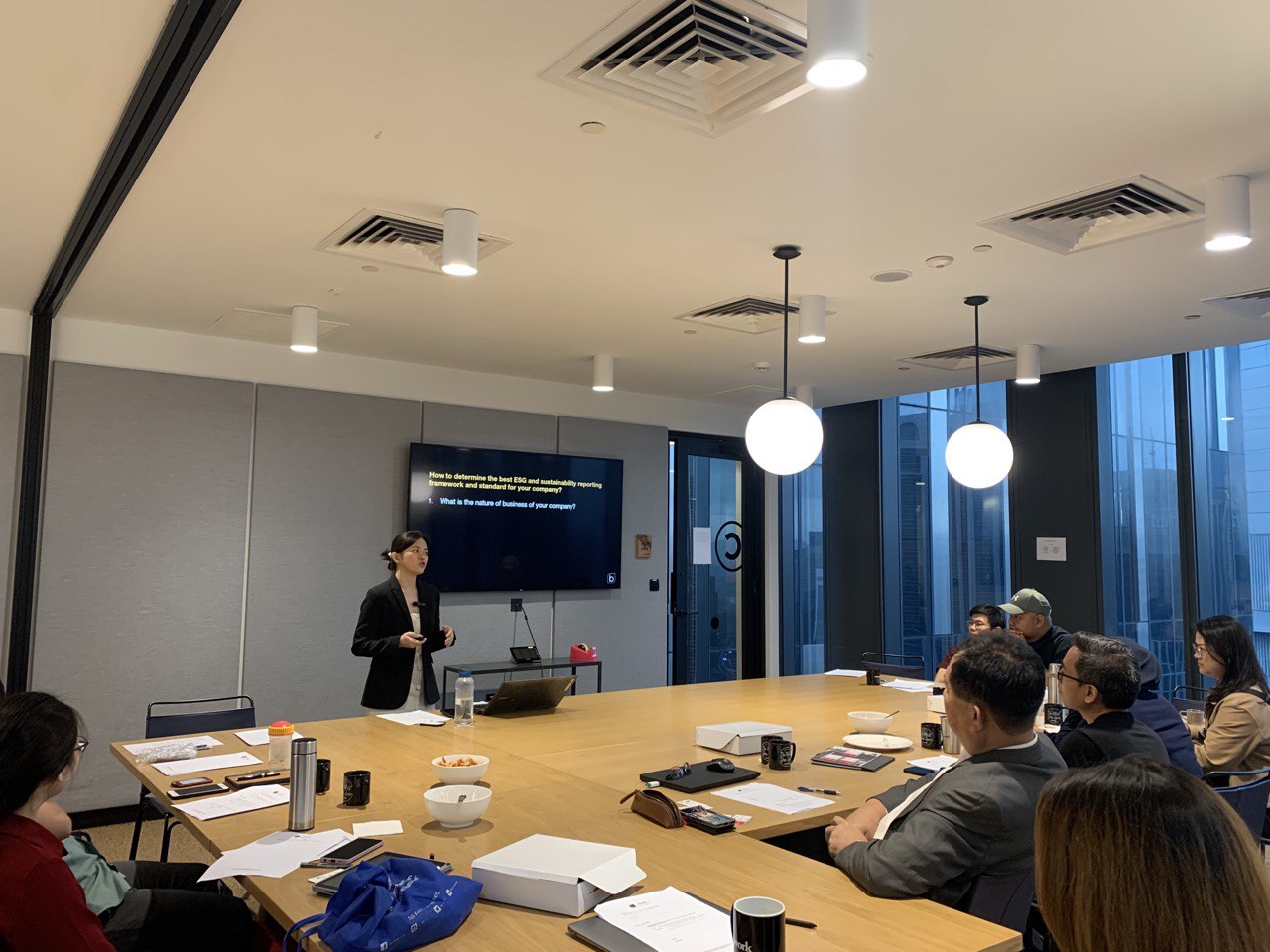I was sceptical about the benefits of meditation although I have family members and friends who practice it. I don’t believe that it can help me to reduce stress until I learned the technique myself and practice it in my daily life. It was an AHA experience and my life has changed since then.
What Is Vipassana?
Vipassana is one of India’s most ancient techniques of meditation. The word Vipassana means to see things as they really are. Unlike the common meditation techniques, there aren’t any breathing or yoga exercise being taught in the Vipassana Meditation course. We learn to observe our breathing as it is, feel the breath touching our nostrils as it is, feel the sensation throughout our body as it is. Accept the sensations with equanimity or a balanced mind.
Why Did I Sign Up for Vipassana Meditation?
I was introduced to Vipassana Meditation by my life coach. I always thought that I am a calm and emotionally-stable person but I was wrong. I didn’t realise that I am overly stressed and numbing myself from feeling those emotions. I was acting against what my body and mind really feel.
I put blame on others who caused the stress on me. Little did I know that it was me who create the stress and making myself living in anxiety. My life coach told me that the only person that can save me from suffering is myself but he has a tool which can help me, which is Vipassana.
Never try, never know. So, I gave myself a break in December 2023 and signed up for the 10-day Vipassana Meditation course at Dhamma Malaya and the rest is history.
What Have I Learned and How Has the Experience Changed Me?
The three lessons I learned during the meditation course is Discipline (戒), Meditation (定) and Wisdom (慧). Discipline wards off bodily evil, meditation calms mental disturbance and wisdom gets rid of delusion and proves truth.
Discipline (戒)
Vipassana Meditation courses are designed to create a conducive environment for the students to pick up the technique in the fastest and easiest way. There are some rules that students are required to observe throughout the course. Some of the rules are:
- Students are not allowed to have verbal, eye and physical contact with each other;
- Students are not allowed to hold their mobile phones, read books, write notes, jogging, practice yoga and religious prayer as well as meditate using other techniques; and
- Students are required to stay in the provided accommodation and remain no contact with the outside world until the end of the course.
These rules are in place to minimise disturbance to our minds so that we can focus on mastering the Vipassana meditation technique. For me, I can follow the rules with little to no issues because I am a compliance-person. However, I have seen people who struggles to observe the rules. Don’t be surprise if you see people dropping out from the course mid-way.
Besides that, there is a timetable to follow throughout the course which looks like this:
4:00 am Wake up
4:30 am – 6:30 am Meditate in the hall or own room
6:30 am – 8:00 am Breakfast
8:00 am – 9:00 am Group meditation in the hall
9:00 am – 11:00 am Meditate in the hall or own room
11:00 am – 12:00 pm Lunch
12:00 pm – 1:00 pm Rest and interview with teacher
1:00 pm – 2:30 pm Meditate in the hall or own room
2:30 pm – 3:30 pm Group meditation in the hall
3:30 pm – 5:00 pm Meditate in the hall or own room
5:00 pm – 6:00 pm Tea break
6:00 pm – 7:00 pm Group meditation in the hall
7:00 pm – 8:00 pm Discourse
8:00 pm – 9:00 pm Group meditation in the hall
9:00 pm – 9:30 pm Interview with teacher
9:30 pm Rest and lights out
After returning to the normal life from the meditation course, the real challenge is to continue be disciplined by sleeping and waking up early, watching our words and actions, eating healthy meals and exercising often. All you need is determination to practice discipline.
At first, I find it easy to wake up early in the morning after coming back from the course. But sooner, the habit of staying in bed after snoozing my alarm clock keep coming back. The toughest thing I am experiencing right now is battling with myself to wake up early to meditate before going to work.
I start by waking up 15 minutes earlier and slowly increase to an hour early. Start small and progress continuously. It works!
Meditation (定)
During the group meditation session, we are not allowed to move our limbs even if there are mosquitoes biting us! The challenge is to sit still in the same posture for an hour. The key message from this exercise is to keep our mind calm and learn not to be easily distracted by the unimportant things around us.
Sitting cross-legged on the floor is not easy. I can feel my legs numbing after 30 minutes. The first try was difficult and I ask the teacher, “What should I do?” The teacher told me that it’s okay to move during the first few sessions, the important thing is you improve. From big movements to small movements, from three small movements to two small movements and from one small movement to no movement. They are all improvements. Take it easy!
Take it easy. This is what my boss always tells me. At work, I pushed myself too hard, always wanting to do things perfectly at the first time. That’s why I am always stressed out! An example was when I create content for my company’s YouTube channel. I was unhappy when it took me five takes to shoot the videos. After practicing, I realised that I only need one to two takes to shoot the videos. My boss always checks on me saying, “Is there improvement?” I replied, “Yes.” Then, it is good enough. Keep going and enjoy the process!
Wisdom (慧)
For me, wisdom means sensing things as it is and accepting them.
We learn this technique starting from Day 4 through feeling the sensations from our head to toes. Any sensation is a sensation whether it is warm, hot, cold, itchy, tickling, numbing, vibrating, heart beating, etc. The key thing is to feel these sensations with equanimity or a balanced mind. Don’t crave or hate the sensations. No matter the sensations give you a good or bad feeling, the sensations will pass, everything is impermanence. When we start to crave for something or hate something, it is the beginning of our sufferings. Be equanimous. No reaction is the best reaction.
I used to be anxious when I received requests from my clients because I was always trying my best to fulfil my clients’ needs. Client is king, or no? After coming back from the meditation course, I learned to practice Vipassana at work and life. Always have a balanced mind when things happen. Stay calm and let the emotions flow. Everything will be alright. Anicca, anicca.

If you read till the end, I believe that you are interested in the Vipassana Meditation course so click here to check out Malaysia Vipassana Meditation Course Schedule.
All I want to say is, Vipassana helped me and I want to help you. Feel free to connect with me on LinkedIn or drop me an email at [email protected] if you want to know more about my experience. The best is to experience it yourself!
May all beings be happy!
Love,
Jia Xin






Leave A Comment